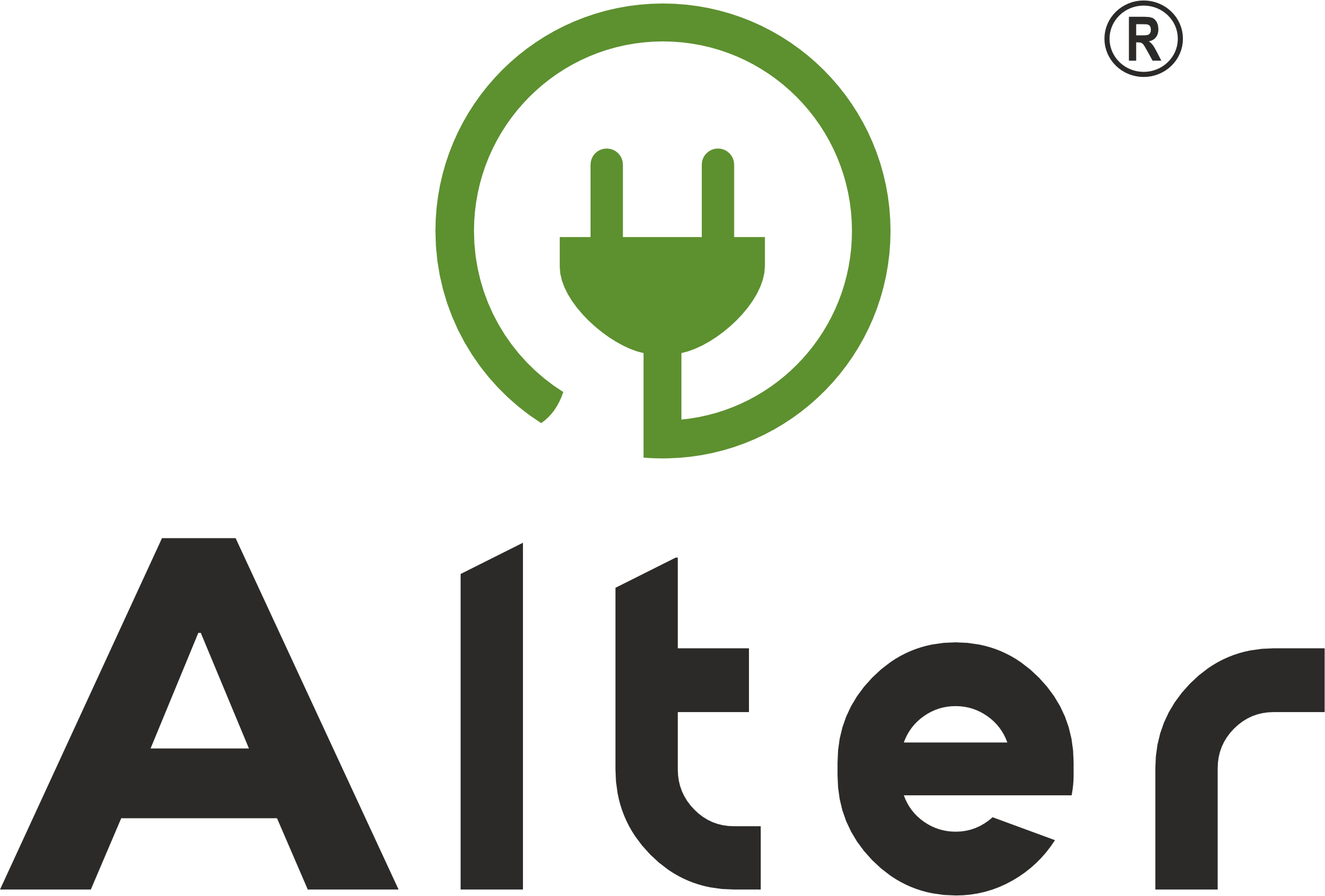Welcome to Alter Bikes Online Shopping Store!
May 17, 2023 / By Admin User / in Electric Conversion Kit
Are EV-Kits the Answer to India's Pollution Crisis?
Introduction:
India's pollution crisis has reached alarming levels, causing severe environmental and health issues across the country. As the government and citizens seek effective solutions, the adoption of electric vehicles (EVs) and EV-Kits has emerged as a promising strategy. This blog post examines the potential of EV-Kits in combating India's pollution crisis, highlighting their advantages, challenges, and implementation steps.
Understanding India's Pollution Crisis:
India faces a significant pollution crisis characterized by high levels of air pollution, primarily due to vehicular emissions, industrial activities, and other sources. The impact on public health, climate change, and the environment necessitates urgent action to mitigate pollution levels.
Exploring EV-Kits as a Solution:
A. Definition and Function of EV-Kits:
EV-Kits, or electric vehicle conversion kits, are packages that enable the conversion of conventional gasoline-powered vehicles into electric vehicles. These kits typically include components such as an electric motor, battery pack, controller, and charging system. By retrofitting existing vehicles with EV-Kits, individuals can transform their cars into eco-friendly electric vehicles.
B. Advantages of EV-Kits:
Environmental Impact:
By converting conventional vehicles into electric ones using EV-Kits, India can significantly reduce air pollution and greenhouse gas emissions. Electric vehicles produce zero tailpipe emissions, leading to cleaner air and a healthier environment.
Cost-effectiveness:
While purchasing a brand-new electric vehicle can be expensive, EV kits offer a more cost-effective solution. Retrofitting existing vehicles with EV kits is often more affordable than buying a new electric vehicle. Moreover, the long-term cost savings on fuel and maintenance make EV kits a financially viable option.
Infrastructure and Energy Efficiency:
Adopting EV-Kits in India promotes the development of charging infrastructure. As more vehicles are converted to electric, the demand for charging stations increases, leading to the establishment of a robust charging network. Additionally, electric vehicles are generally more energy-efficient than their gasoline counterparts, contributing to overall energy conservation.
C. Challenges and Limitations:
Implementing EV-Kits in India may face certain challenges and limitations. These include:
Limited availability and variety of EV kits suitable for different vehicle models.
Technical expertise is required for the installation and maintenance of EV kits.
Limited awareness among the general public about the benefits and feasibility of EV-Kits.
Initial investment costs may still be a barrier for some individuals.
Implementing EV-Kits in India:
Government Policies and Incentives:
The Indian government should formulate policies that encourage the adoption of EV kits. This can include incentives such as tax benefits, subsidies, and financial assistance for EV-Kit installations. Clear regulations regarding EV conversions and safety standards are also crucial for promoting their widespread use.
Awareness and Education:
Extensive awareness campaigns should be launched to educate the public about the benefits of EV kits and the process of converting vehicles to electric ones. This can be done through media, workshops, and collaborations with educational institutions to create a knowledgeable and informed society.
Collaboration with Manufacturers and Industry:
Close collaboration between EV-Kit manufacturers, automobile industry stakeholders, and government agencies is essential. This collaboration can lead to the development of standardized EV-Kits, technical support networks, and improved access to suitable conversion options for various vehicle models.
Charging Infrastructure Development:
The expansion of charging infrastructure is vital for the successful implementation of EV kits. The government, in partnership with private entities, should invest in the installation of charging stations across the country, ensuring convenient access to charging facilities for electric vehicles.
Conclusion:
EV-Kits offer a promising solution to India's pollution crisis by enabling the conversion of conventional vehicles into electric ones. With their environmental benefits, cost-effectiveness, and potential for infrastructure development, EV kits can play a significant role in reducing pollution and promoting sustainable transportation in India. By implementing supportive policies, raising awareness, fostering collaboration, and investing in charging infrastructure, India can harness the power of EV-Kits to drive positive change and combat the pollution crisis effectively.
Mar 13, 2024 by Client Admin
Mar 01, 2024 by Client Admin
